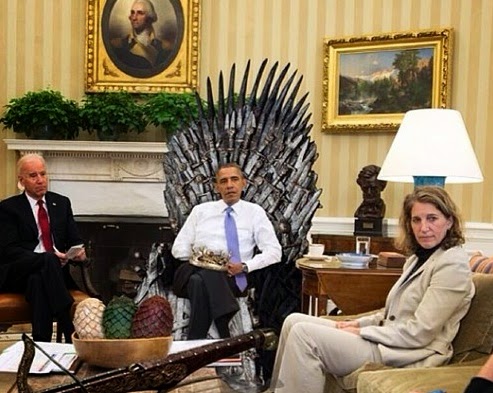During the past week, we had been discussing
the American modernist writer William Faulkner’s pieces of writing. Somehow, we
ended up talking about the former President of the USA, Barack Obama, and that
was the moment in which something caught my eye.
Many years have to pass as well as social changes, as to let an African American man sit on the presidential chair of one of the most powerful nations of the world. Our society claims to wave the flag of rights equality, and flatly reject any kind of racial discrimination. However, social segregation is still taking place in daily life experiences.
My question is up to what extent we (society) have overcome this racial segregation issue? (If we have overcome it already…)
Many years have to pass as well as social changes, as to let an African American man sit on the presidential chair of one of the most powerful nations of the world. Our society claims to wave the flag of rights equality, and flatly reject any kind of racial discrimination. However, social segregation is still taking place in daily life experiences.
My question is up to what extent we (society) have overcome this racial segregation issue? (If we have overcome it already…)
 |
Despite the fact that our society is supposed to be a vociferous opponent of ethnic segregation, it took a life-time to finally get rid of it.
It comes as a surprise to me that even though the world was aware of the rights violation that both wars made, situations which violated dignity and democracy continued thriving
For instance, what is a turning point in history was the parliamentary election in South Africa in 1948, in which apartheid was introduced as an official policy that classified citizens in racial groups. What is more surprising is that it wasn’t until 1994 that there was an attempt to broker the end of this policy when Frederik Willem de Klerk, the last president of the apartheid-era in South Africa, introduced a new policy that made this country a multi-racial democracy. In the same year, the politician Nelson Mandela became President chosen in a democratic election. He had to overcome different shortcoming, but they are nothing compared to the magnificent goal that he could achieve at the end of his fight , as he could finally dismantle what he was always adamantly opposed to. And we are getting almost to the 21th century…
Another situation that caught my eye is the election
of the first African-American President in the United States. He was chosen in
a full democratic election and won by an overwhelming majority. This is the
moment in which we can realize how society has changed. But I insist, why did
it take so long? 21th century…Really?
In the following video we can see the impact of
the President Barack Obama being chosen, as he represents an array of cultural implications.
Find
attached the Barack Obama’s speech when he was elected President.
It seems
that ethnic prejudices have been left behind.
Up to what extent?
Up to what extent?
In
the video, we can see society making fun of themselves, they make jokes
regarding the racial differences between black and white people.
Have we overcome the racial segregation issue as to make fun of it and not be serious about it? Or do we keep on making differences regarding skin color?
What is your point of view?
Have we overcome the racial segregation issue as to make fun of it and not be serious about it? Or do we keep on making differences regarding skin color?
What is your point of view?






